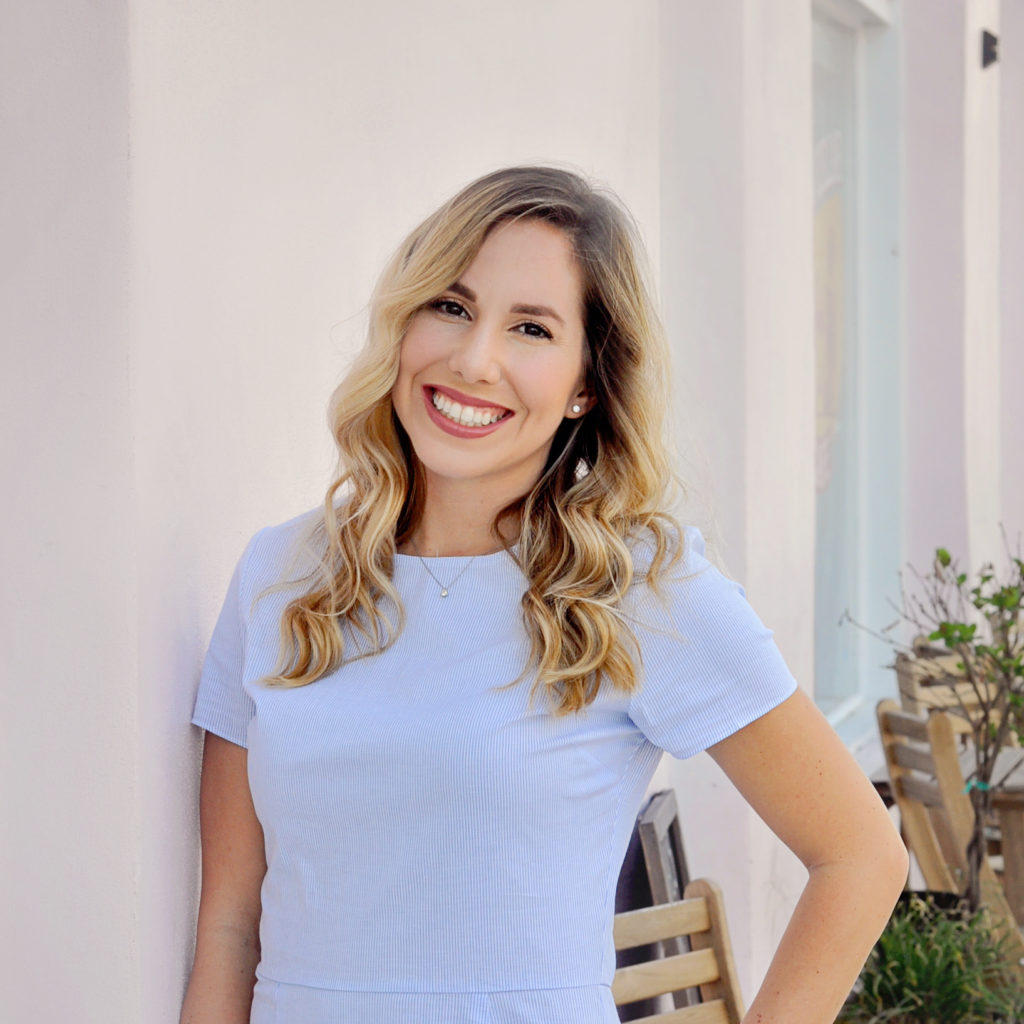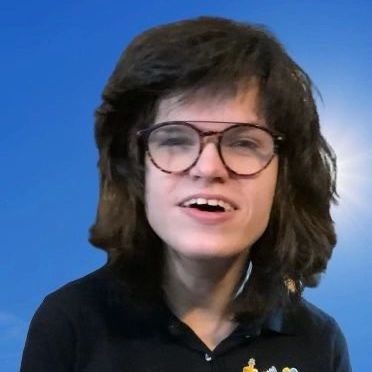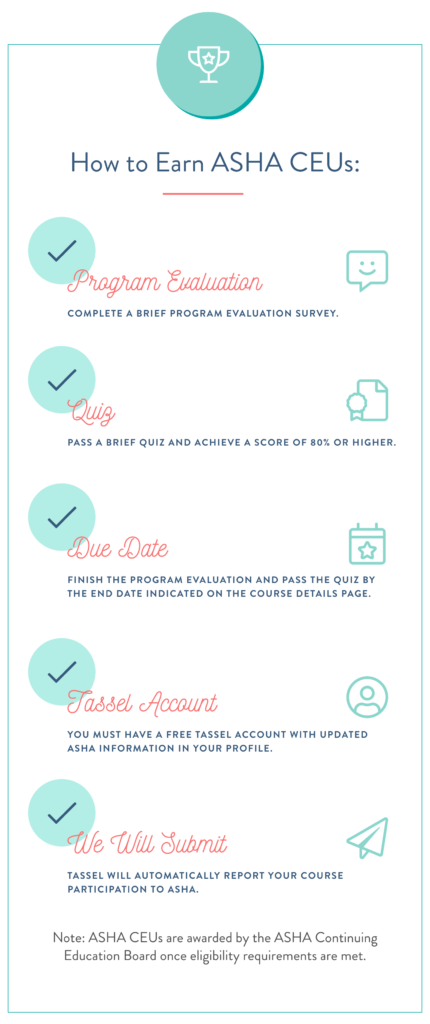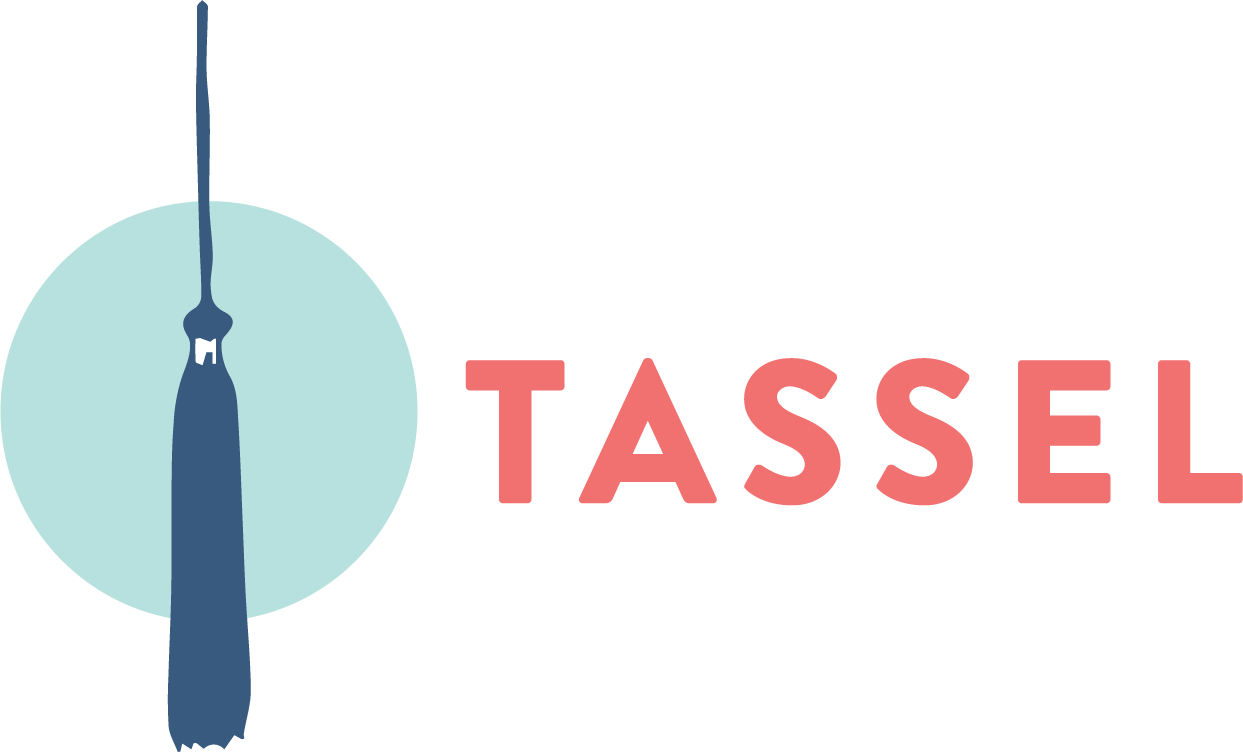Course Number: ABIO2116
When: Course content will be available between available October 8, 2021 – August 16, 2026
Where: Available under “Course Content” at the bottom of this page.
Description: This session discussed having an augmentative and alternative communication (AAC) user work with Speech-Language Pathologists to bring a new perspective and the impact it could have on the field. This session explored the idea of how clients can see someone who communicates similarly to them as motivation to communicate. Other strategies of collaborating with clients to increase their self-advocacy were explored.
Who This Course Is Good For:
- Any ASHA member, CCC holder, or other professional that is licensed or credentialed to practice speech-language pathology (SLP) or audiology or preparing to earnASHA CEUs.
- A professional who works with pediatric clients that have limited natural speech
- A professional who works with pediatric clients that use augmentative and alternative communication (AAC) systems or may be good candidates for AAC
- A speech-language pathologist (SLP) who works in a school-based setting
- A professional who works with pediatric clients that exhibit challenging behaviors
Who This Course Isn’t Good For:
- Any professional who is not familiar with the term AAC
- Any professional that does not currently work with any pediatric clients or plan to in the near future
- Professionals that solely provide one on one therapy in a medical setting as this course is focused on AAC implementation in a school-based setting.
Presenters:

Venita Litvack, M.A, CCC-SLP
Venita is an Assistive Technology (AT) Consultant in south Florida. She has a passion for using AAC, AT, and literacy to support individuals with complex communication needs, autism, and other disabilities. Venita has delivered poster presentations on several topics related to AAC at ASHA and co-presented several ASHA CEU accredited courses. Venita co-authored two articles published in ASHA Leader’s online publication, as well as the Lou Knows What to Do book series published by Boys Town Press. Recently, Venita started utilizing the power of social media to empower and motivate educators across the country through the Speechie Side Up podcast, blog, Instagram account, and YouTube channel.

Lydia Dawley, CEO & Founder of Click. Speak. Connect & The Nadpen
Lydia Dawley is from Decorah, Iowa. She is a graduate from the University of Wisconsin in Whitewater, WI. with my Bachelors of Science. She is the Chief Executive Officer and founder of Click. Speak. Connect. She consults with Speech-Language Pathologists, teachers, parents, and clients in access methods, faster access, device experiences in order to help with learning new apps, language skills related to AAC. She also does sessions with children who talk with communication devices. She helps her clients practice social skills with the goal to improve their confidence with their devices. Her company is launching a new product called NadPen. A NadPen is a stylus device adapted for multiple grips, with interchangeable tips for manipulation of any mobile device. They are hoping to start selling them in the this year!
Disclosure Statements
Venita Litvack has the following relevant financial relationships to disclose: ownership interest in Speechie Side Up, LLC and Tassel Learning, LLC; royalties from the Lou Knows What to Do book series.
Venita Litvack has the following relevant nonfinancial relationships to disclose: member of the ASHA Special Interest Group 12.
Lydia Dawley has the following relevant financial relationships to disclose: receives a salary for Augmentative and Alternative Communication consulting services with Click. Speak. Connect. Receives a speaking fee from clinics and universities, and received a speaking fee from Tassel LLC.
Lydia Dawley has no nonfinancial relationships to disclose.

Learning Outcomes
As a result of this activity, participants will:
- Describe at least two ways having an AAC user work with Speech-Language Pathologists brings a new perspective.
- Describe two ways clients can see someone who communicates similarly as motivating to communicate.
- Identify at least two strategies to collaborate with clients to increase their self-advocacy skills.
- Identify 2 ways SLPs today can help bring more diversity to the field.
Agenda
| 10 min | Introductions and Backgrounds |
| 14 min | Discussion of how having an experienced AAC user work with Speech-Language Pathologists brings a new perspective |
| 9 min | Discussion of how clients can see someone who communicates similar as them as motivating to communicate |
| 10 min | Discussion of how to collaborate with clients to increase their self- advocacy skills |
| 12 min | Discussion of ways to bring more diversity in the Speech Pathology field |
| 5 min | Live Question and Answer session with guest speakers |
Complaint Policy
To file a complaint or ask general questions about the complaint filing process, please contact our support team at info@tasseltogether.com
Refund Policy
Click here to read more about our refund policy.
Requirements

Course Content

